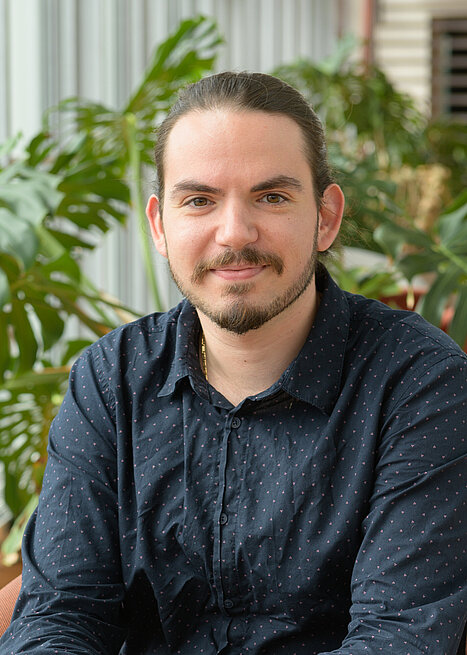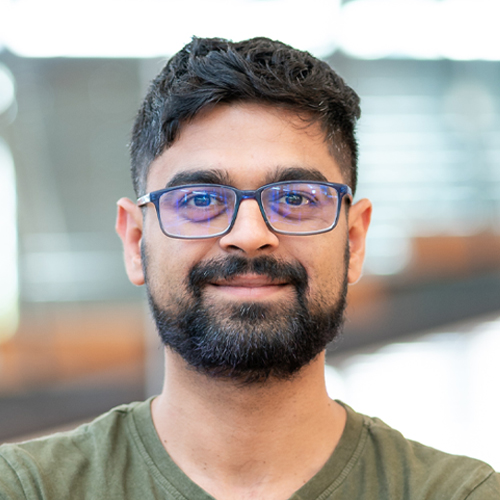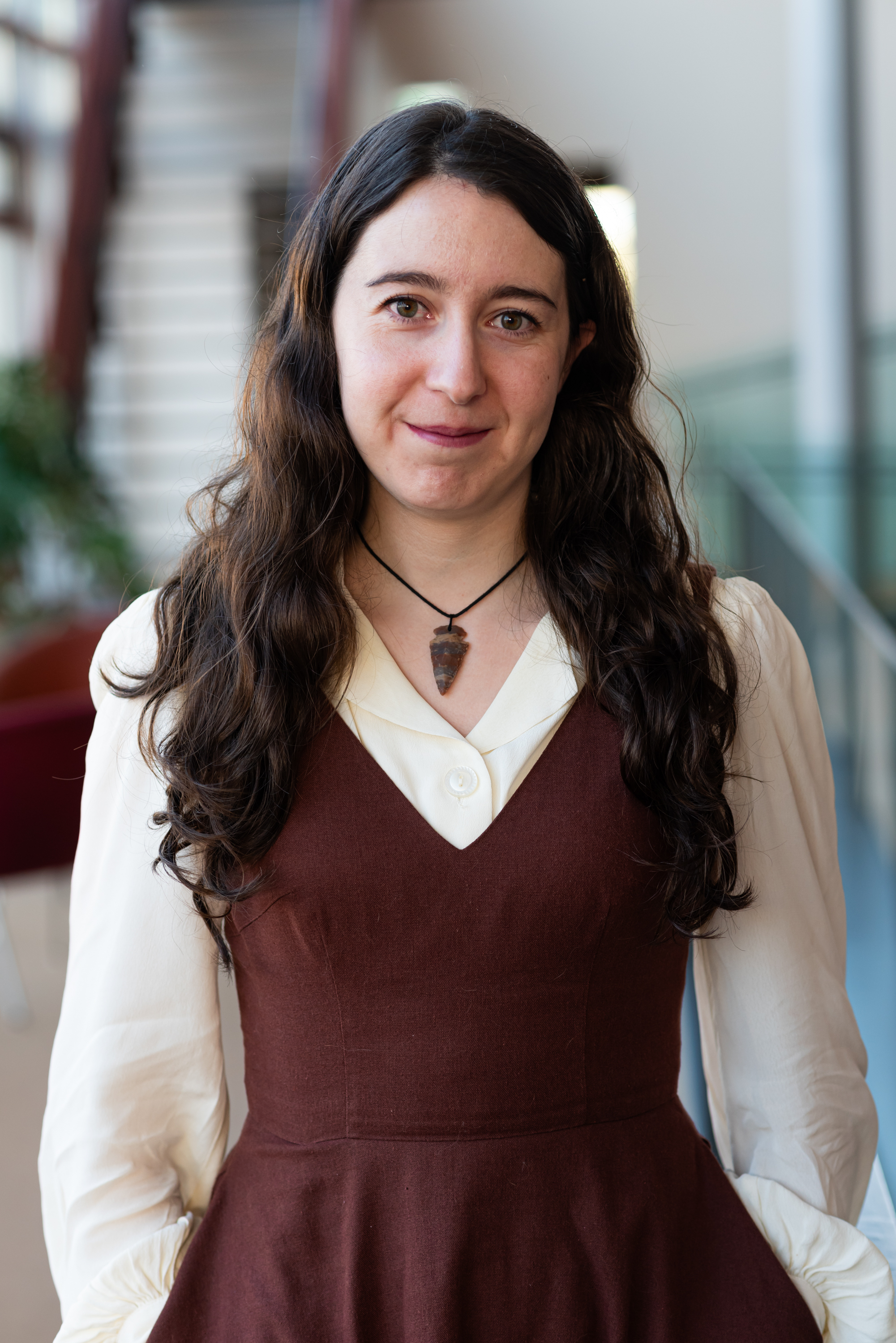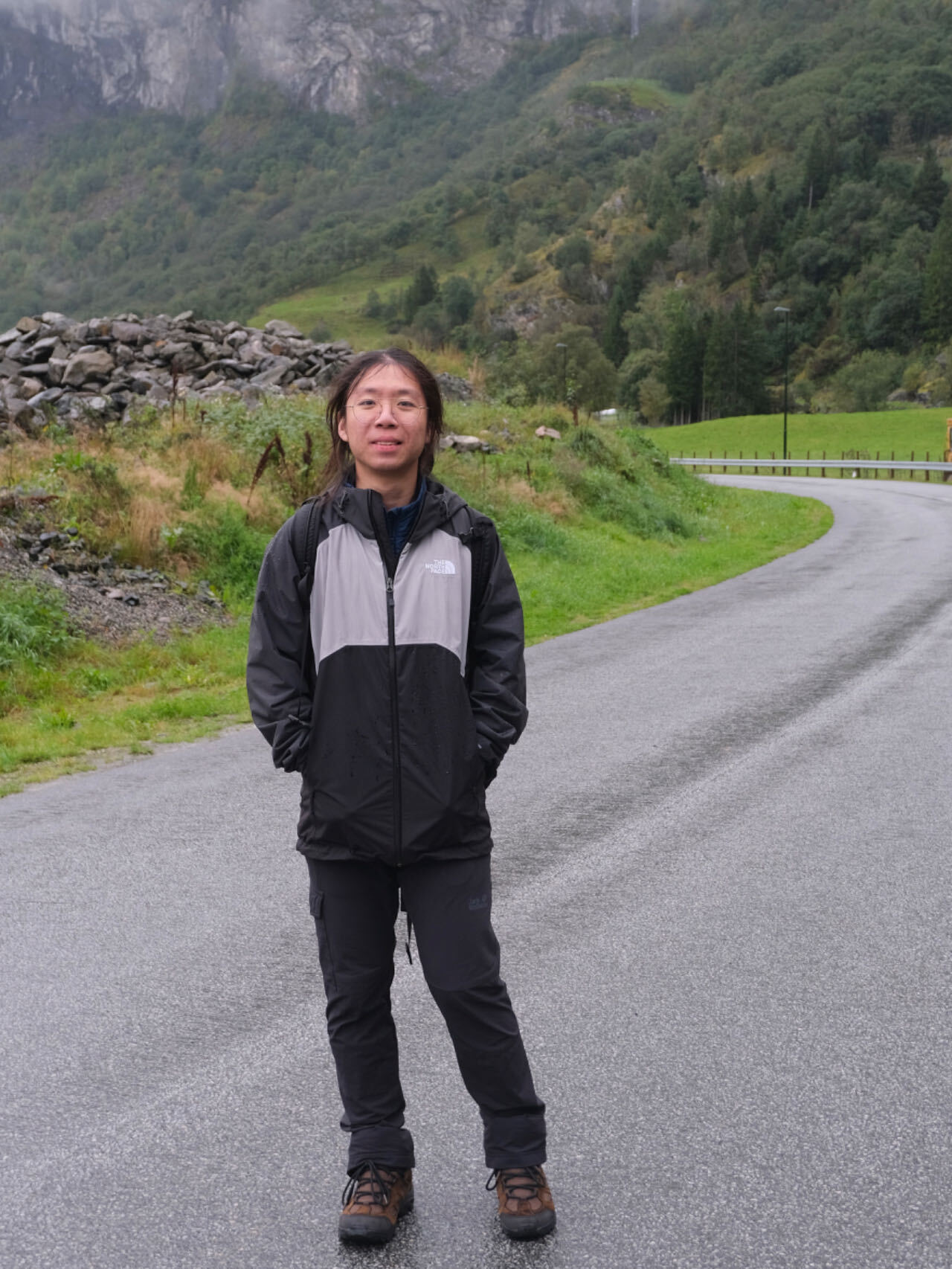The Research Group

Benjamin M Peter - Group Leader (U Rochester, MPI)
Since January 2024, I am both an Assistant Professor in the Biology Department at the University of Rochester. Since November 2017, I am also a Research Group Leader at the Max-Planck-Institute for Evolutionary Anthropology in Leipzig (Germany). Before that, I was a postdoc with John Novembre at the University of Chicago, and I received my PhD from the University of California, Berkeley, jointly advised by Rasmus Nielsen and Monty Slatkin. I am widely interested in methods and applications of population and evolutionary genetics. Currently, I am primarily focussed on analyzing Neandertal DNA from fossils with minimal DNA preservation, and studying the interactions of Neandertals, Denisovans and early humans through time. I am also interested in theory and methods to conceptualize, formailze and estimate population structure, particularly from large, heterogeneous samples.
Email: b.peter@rochester.edu
Twitter: @benmmpeter
Pronouns: he/his

Leonardo Iasi - PhD Student (MPI)
I am generally interested in combining population genetics, evolutionary genetics and computational data inference to approach questions concerning human evolution. Genetics has greatly contributed to our knowledge of human and archaic hominin diversity (Neandertals and Denisovans). One major finding was that admixture, i.e. the exchange of genetic material between previously isolated populations, occurred recurrently between archaic populations and modern humans. Signals of these admixture events are still present in modern day populations, resulting in ~2 % of Neandertal ancestry in human populations outside Africa and up to ~5 % of Denisovan ancestry in some populations of Oceania, shaping adaptive traits and genetic diversity among present day humans.
My doctoral research under the supervision of Svante Pääbo and Benjamin Peter therefore focuses on developing, improving and evaluating methods to detect and date these admixture signals, in both ancient and modern populations, and with gene flow from either known or unknown archaic populations. To do this I improve existing or develop new bioinformatic methods and apply them on genetic data.

Divyaratan Popli - PhD Student (MPI)
I am interested in developing statistical models and bioinformatic tools to answer questions about the relationships of our ancestors using ancient DNA. In the last few decades, extensive genomic data have been collected from thousands of archaeological remains, and the pool of ancient organic materials suitable for genome sequencing is continuously expanding. Familial relatedness of ancient individuals can provide insights into their culture and social hierarchy, and is relevant for downstream genetic analyses. Similarly, genetic relatedness between populations is informative about structure and past admixtures. However, estimating relatedness on either family or population level from ancient DNA is difficult due to low-coverage, ascertainment bias, or contamination from various sources. My PhD thesis under the supervision of Peter F. Stadler and Benjamin M. Peter therefore focuses on developing new methods to study relatedness taking these issues into account.

Alba Bossoms Mesa - PhD Student (MPI, co-advised by Matthias Meyer)
My research is fuelled by a vivid curiosity for the bygone lives of Pleistocene humans. With a foundation in genetics and a fervent fascination for prehistoric archaeology, I am driven by the profound insights that emerge when these two disciplines converge. Specifically, with my PhD, I seek to improve our fine-scale understanding of Neandertal communities. I firmly believe that the path to better comprehending the intricacies of their past lies in tackling local-scale questions, and in making use of all the data available. For these reasons, I aim to analyse ancient DNA extracted from ancient bones and from sediments from various archeological sites across Western Europe to better understand patterns of population turnovers, kinship, genetic diversity and beyond. I find special joy in communicating the results of these efforts in a diverse array of settings: from cohorts of higher-education students, to contexts spanning beyond the confines of academia, engaging in public outreach initiatives aimed to a broader audience. In this way, I hope to foster a greater appreciation for the rich tapestry of human history and ignite interest about a time when our ancestors coexisted with other human groups.

Arev Sümer - PhD Student (MPI, co-advised by Kay Prüfer)
My main interest lies in the population genetics of archaic humans (Neandertals and Denisovans), as well as early modern humans (earlier members of our species), and the interactions between these groups. I work on various projects, mostly but not limited to genomic and population genetics analyses. These data analysis oriented projects include low coverage genomes of Late Neandertals from Croatia, and the oldest high coverage early modern human genomes from Germany and Czechia. I am also working on developing a tool to estimate a multi-dimensional conditional site-frequency spectrum, which can then be used to make population genetic and demographic inferences from this otherwise unusable data, as most of the data we obtain from archaic humans is too low coverage and contaminated to analyze with the standard population genetics tools.

Jiaqi Yang - PhD Student (MPI)
am interested in studying the human past, and particularly, archaic(Neanderthal/Denisovan) admixture in early modern humans. However, the inference of archaic admixture from ancient DNA has been challenging. Therefore, I am focusing on developing and applying new computational methods to better understand the relationships between archaic and modern humans.

Eduardo Gonzales - PhD Student (MPI)
To Come
The Peter lab is recruiting motivated undergrads, grad students, and postdocs. Please contact me if you’re interested in joining the lab!
Lab Alumni
- Laurits Skov (postdoc) - currently a postdoc in Priya Moorjani’s group in Berkeley
- Stéphane Peyrégne (postdoc) - currently a postdoc in Janet Kelso’s group at the MPI-EVA in Leipzig